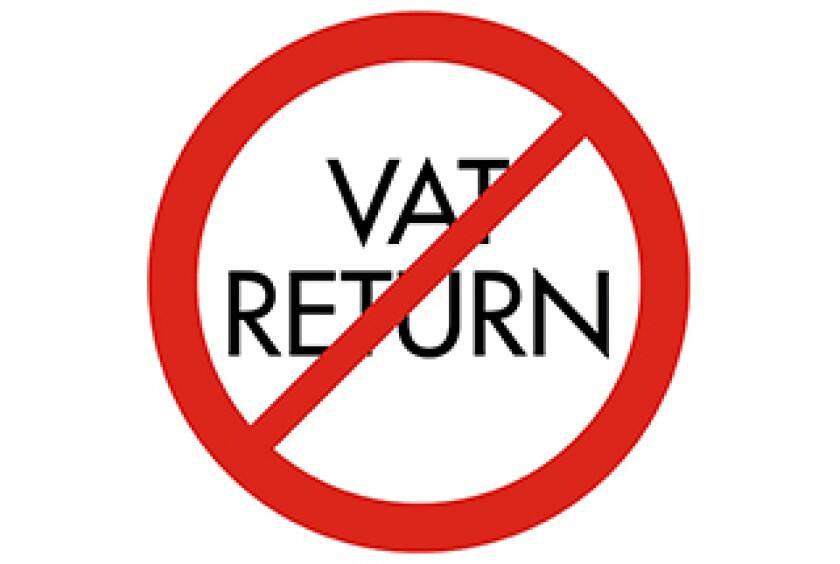SAF-T filing will give tax authorities live access to companies’ VAT and direct tax liabilities. Six European countries have already implemented SAF-T, the OECD-backed electronic format for exchanging data. One of the most significant moves in recent months was Poland making SAF-T filings compulsory for local and non-resident VAT payers from July 1 2016.
The changes could result in tax authorities taking control of companies’ tax calculations and making the self-assessment and backward-looking VAT and corporate income tax returns redundant.
SAF-T accounting transaction exchange wins format wars
SAF-T is an electronic format for the efficient transfer of accounting data from companies to tax authorities. In May 2005, the OECD coordinated a single format, based on free-source XML, for all 38 member states to adopt. The objectives of this implementation were:
To help the exchange of transaction data between tax authorities and companies;
Allow efficient and accurate data interchange;
Improve substantive testing at line-level for tax authorities, which means the tax office can examine each supply of a good or service listed on an invoice to consider the description, quantity, value, etc.;
Enable VAT and corporate income tax audits; and
Reduce companies’ compliance costs, including internal and external audit costs.
The OECD model consists of six file “structures”, which are to list all transactions:
General ledger, journals;
Accounts receivable, customer master data and invoices;
Accounts payable, supplier master data. Invoices and payments;
Stock warehouse, product master file and goods received/dispatched;
Fixed assets, ledger and depreciation/amortisation; and
Inventory, product master files and movements.
Inconsistent and imprecise implementation
To date, six European countries have adopted SAF-T reporting obligations for VAT registered companies. The challenge for taxpayers is that each country’s format differs from the above OECD structures. In addition, only vague implementation guidance is available.
Country |
Elements that differ from OECD structures |
Portugal |
Applies only four structures |
Austria |
Has introduced a simplified basis structure only |
Luxembourg |
Threatening legal action against non-compliant companies |
France |
Has created a proprietary format that must comply with “Plan Comptable”, the general accounting plan in France |
Lithuania |
Has introduced up to 68 sub-structures |
Poland |
The only country requiring mandatory filing for large taxpayers |
The next wave of countries to adopt SAF-T may include Germany, UK, Ireland, and the Czech Republic.
The Netherlands and Belgium are experimenting with another electronic format called “Transaction Network Analysis”, which is a “big data” experiment where tax authorities share company data on a centralised database and the analytics are then tested. Its primary aim is to reduce VAT fraud and the VAT Gap. A further eight other European countries have now joined this program.
Implications of SAF-T
When tackling SAF-T, tax departments face a number of questions on its implementation, application and effectiveness, including:
Data extraction – What connector tools are available?
Tax audits – Are the tax authorities likely to initiate investigations, and what is the capacity to manage these satisfactorily?
Direct tax – SAF-T data also covers corporate income tax data that could be used for investigations. Questions remains over whether the tax department ready; and
Internal audits – Tax authorities need to examine the implications and cost savings of internal audit departments and data use.
Planning for SAF-T
When planning for SAF-T adoption, tax departments may consider a number of elements before introducing the format, such as:
Qualifying IT systems – Does the tax department have full details of all ERPs, stock, fixed assets, bank account platforms?
List systems and data – Do platforms hold all the country-required data?
Mapping to structures – Can the tax department use the data to create charts that adapt to various country structures?
Extraction of data – What methodologies can be used? ERP, Excel or bespoke extractors?
Testing – How can the tax department ensure accuracy of data before transfer to tax authorities? Can the tax departments match tax authorities’ extensive analytical tools?
Death of the VAT and direct tax return?
The immediate question for corporate tax teams is their exposure to the surprise decision in June to make Polish VAT payers liable to submit SAF-T reporting from July 2016. Most businesses are not ready for this, and will be on the back foot as the tax authorities threaten fines.
In the medium term, VAT and direct tax managers within companies now face being outgunned by the tax authorities. Their powerful analytical tools, backed by pan-European data exchanges between tax authorities, will result in them having a better insight into companies’ tax affairs than the corporate tax team or CFO.
SAF-T therefore threatens to undermine the VAT return and potentially make it useless. Could SAF-T be the sunset of periodic returns? We will have to wait and see as more governments adopt electronic formats that could change the face of tax returns for all businesses.
Article contributed byRichard Asquith, vice president of global indirect tax at Avalara.










